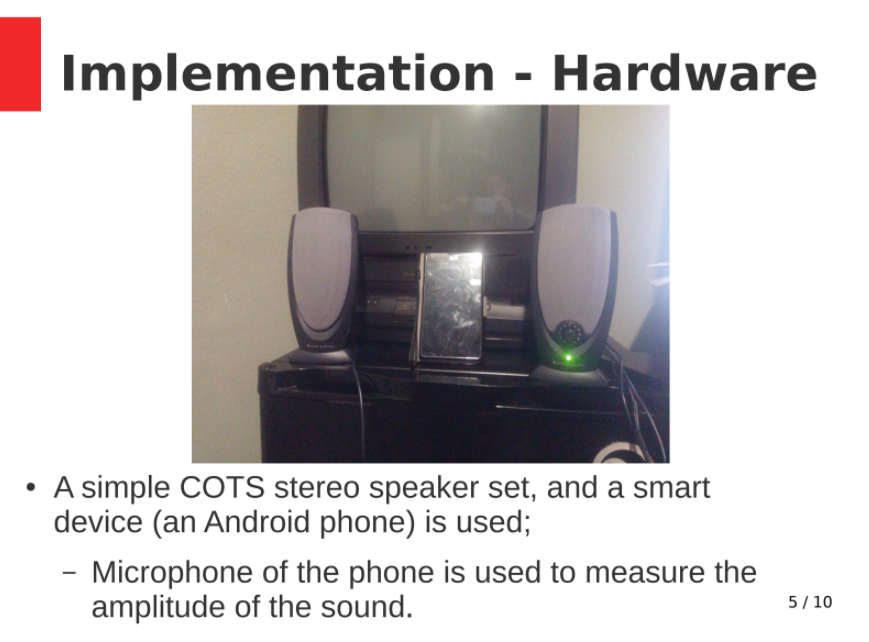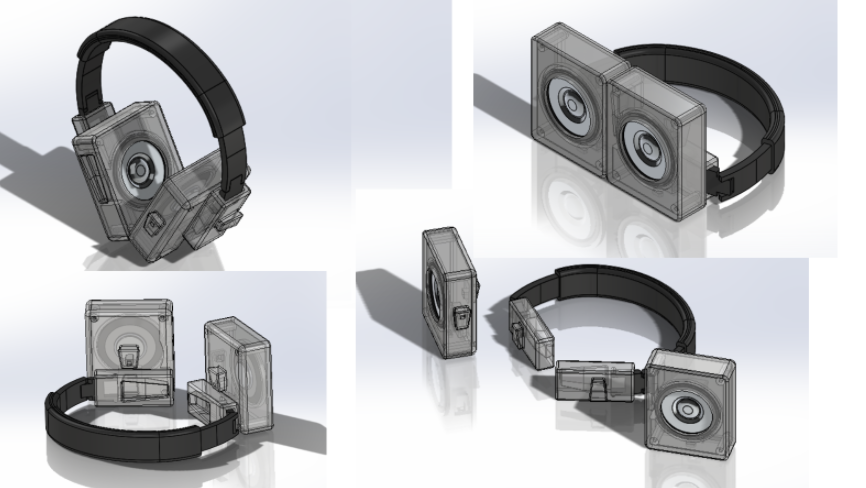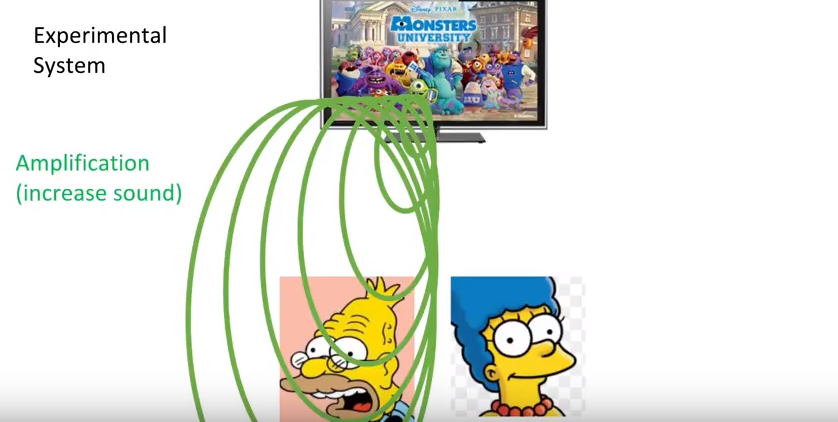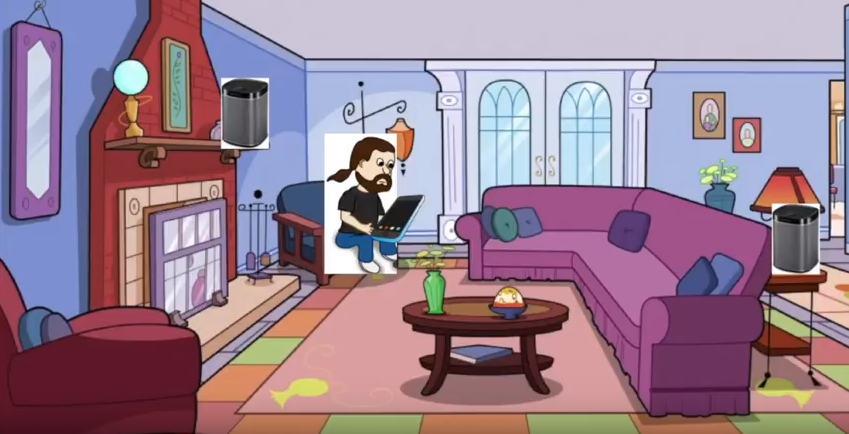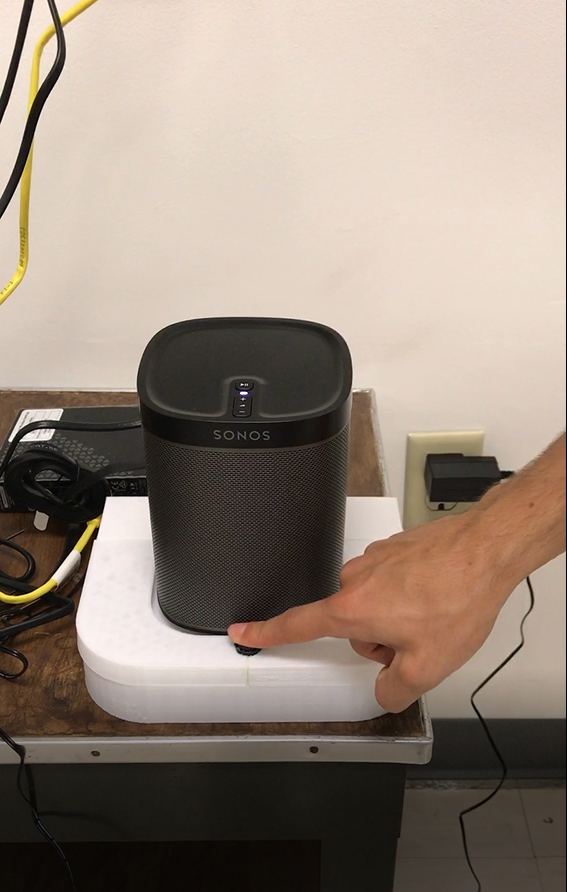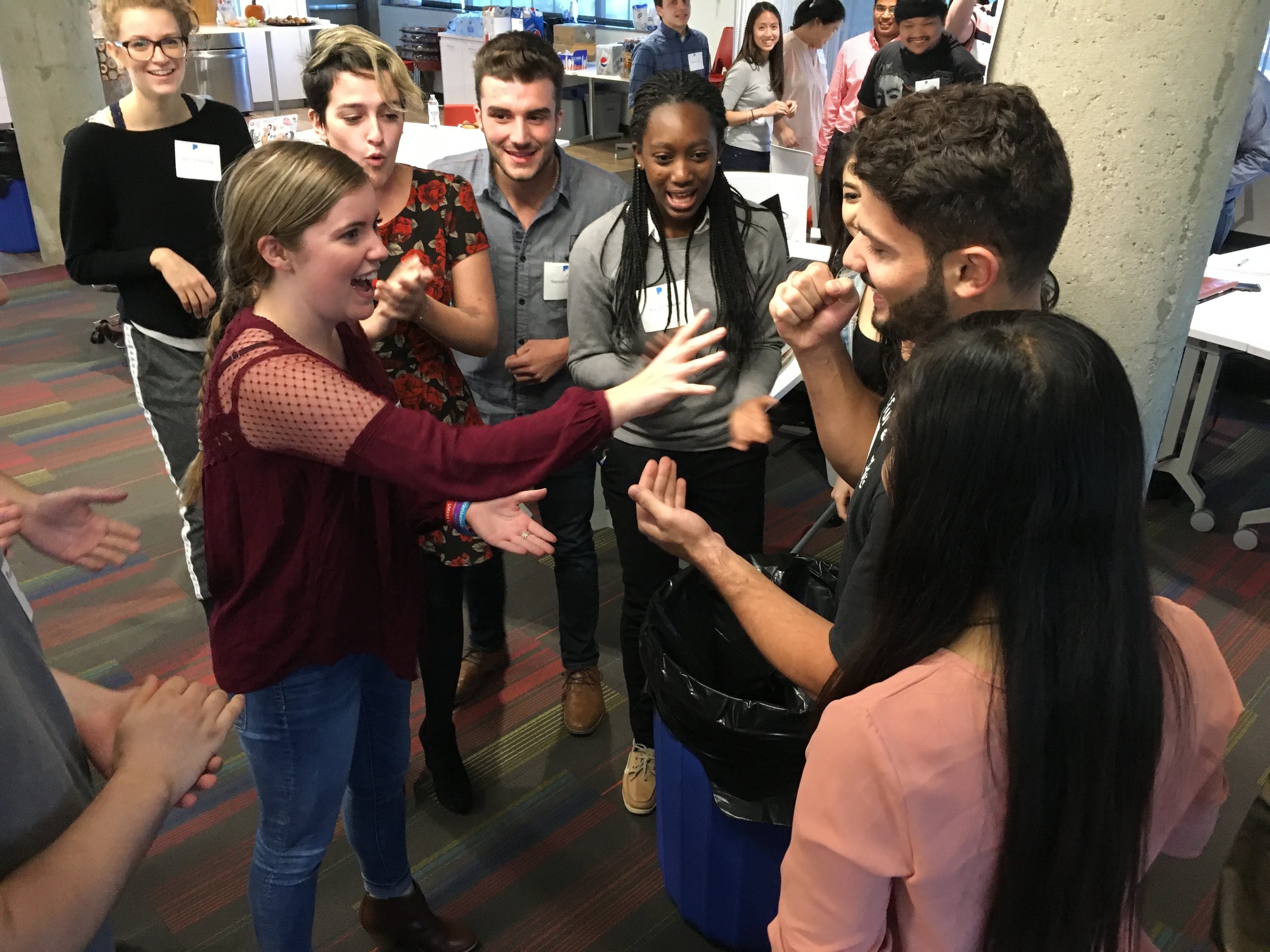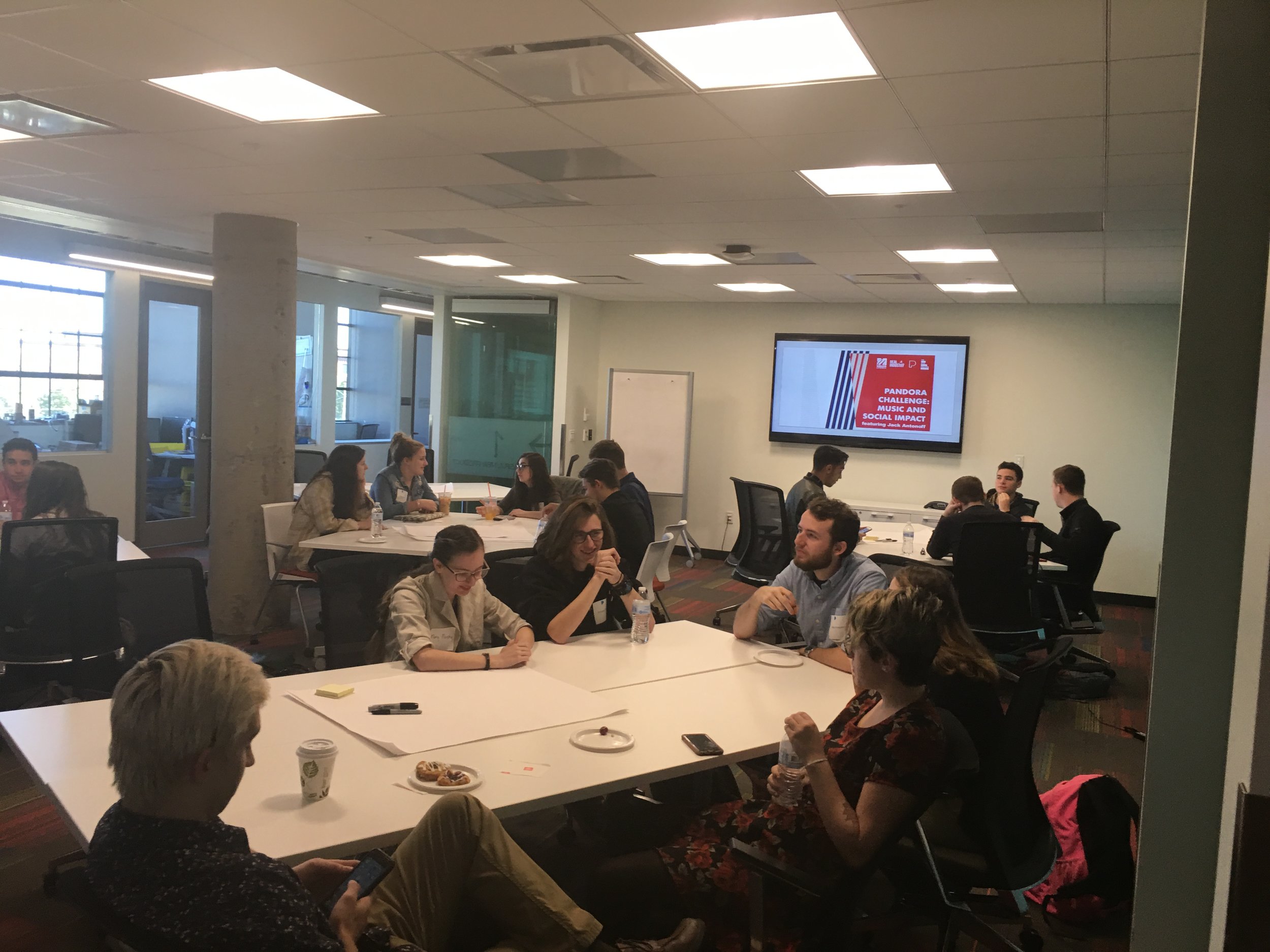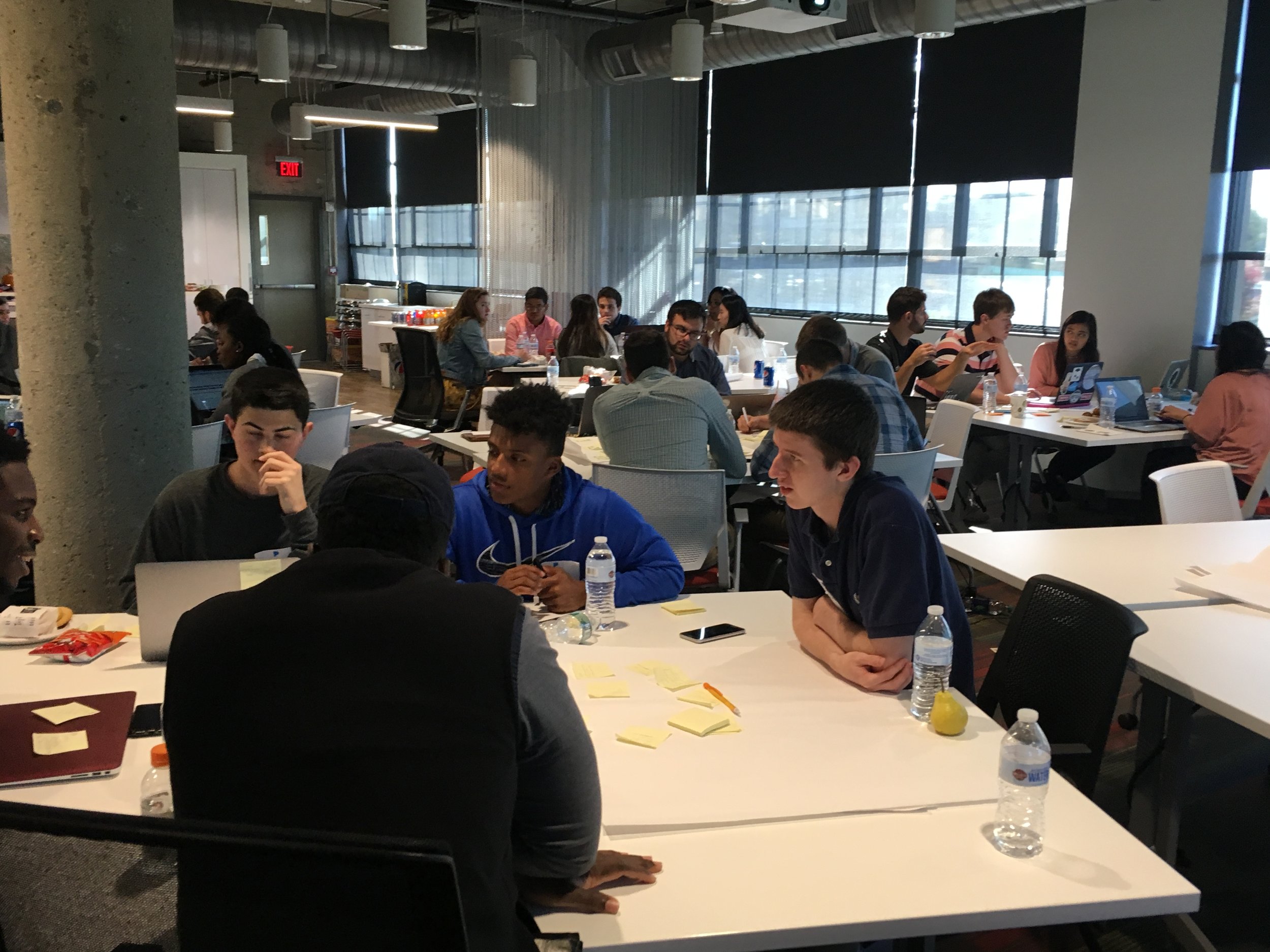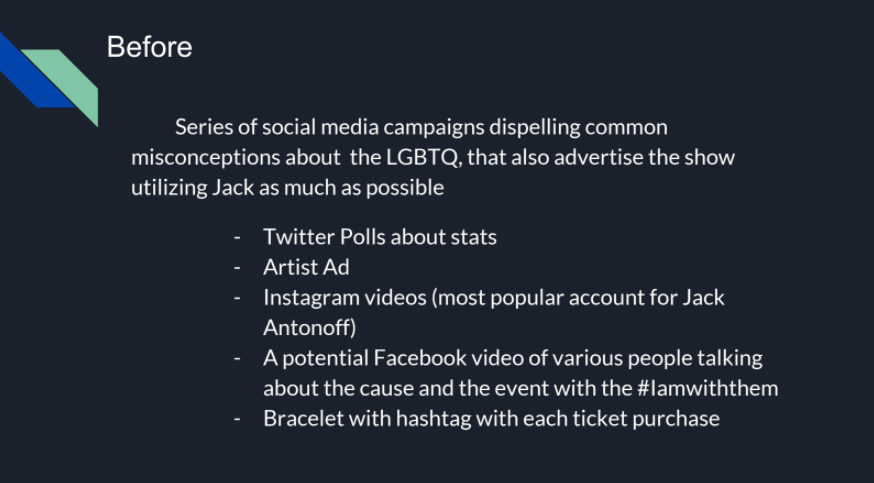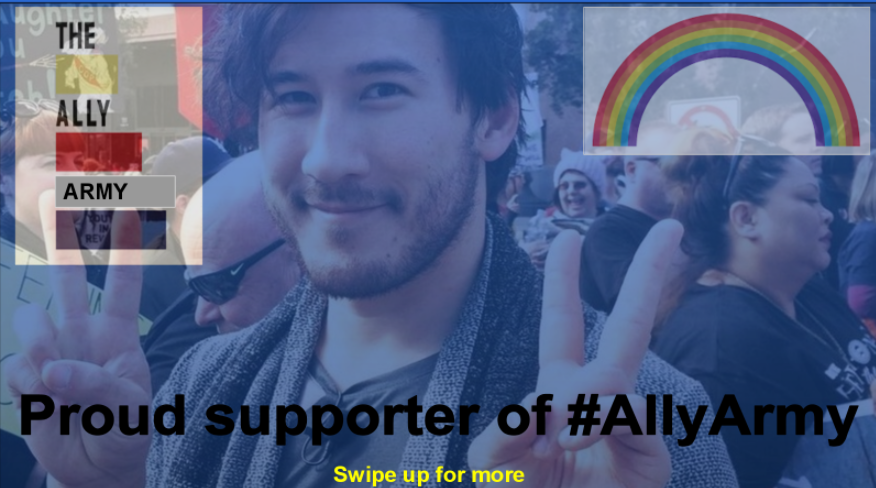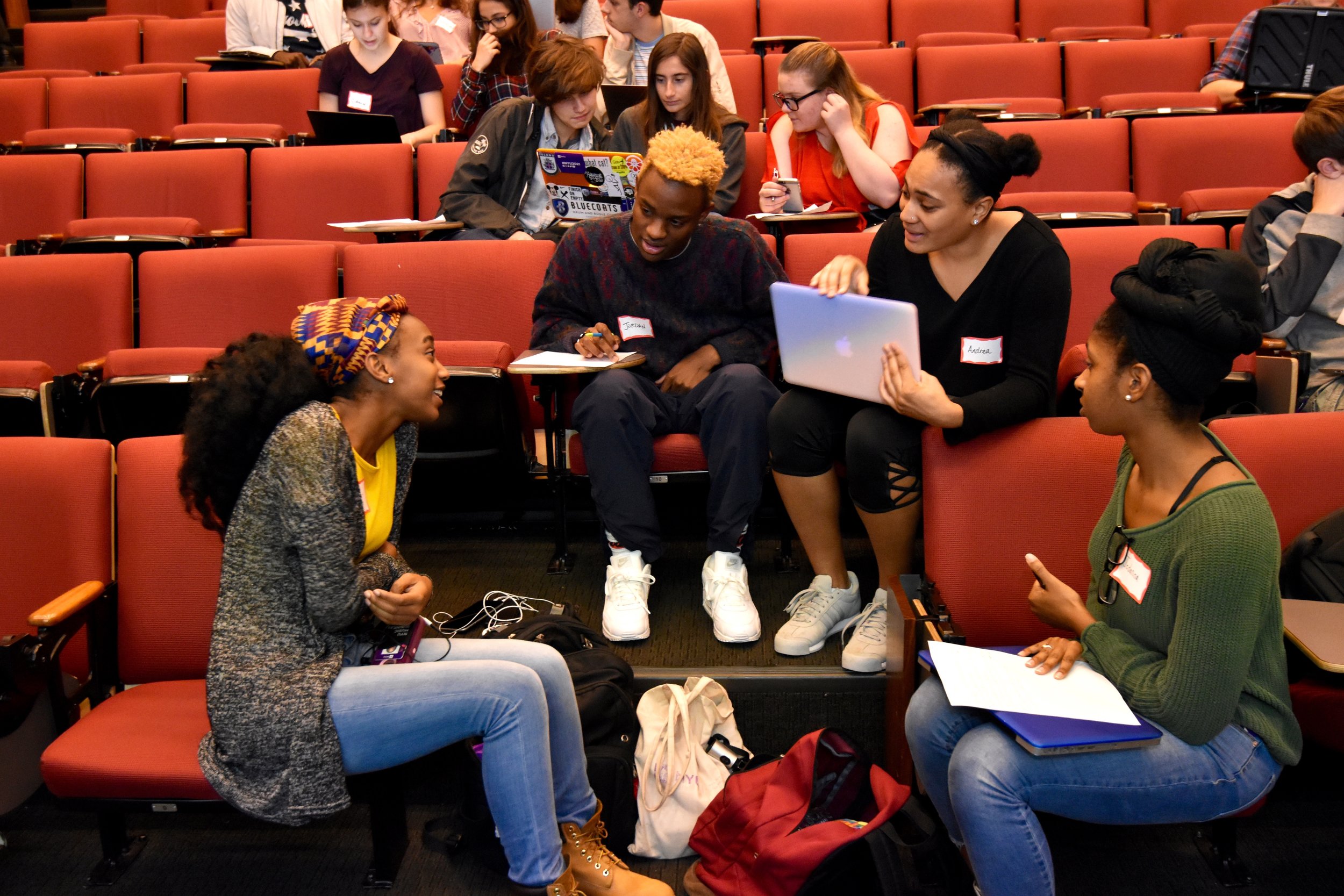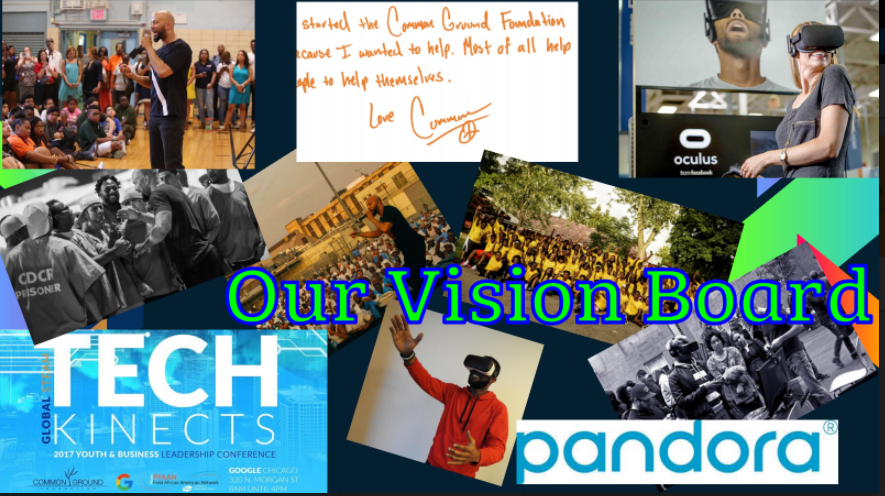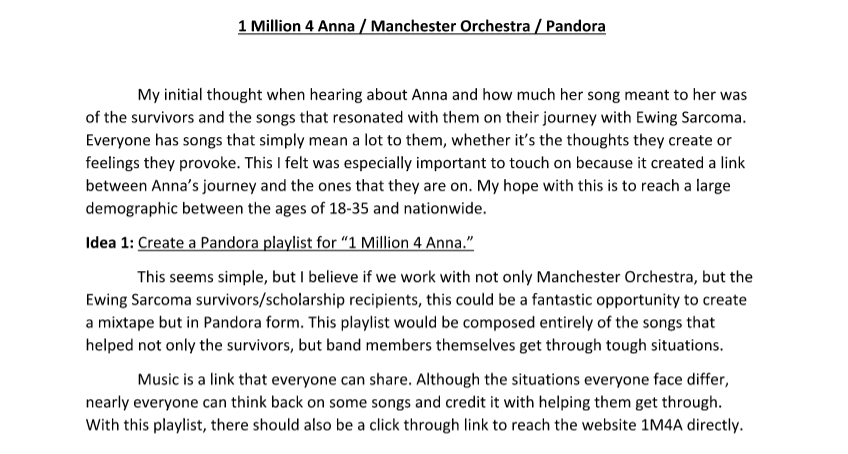April 19, 2018 | In partnership with Common and Imagine Justice, presented with Stanford BEAM: Bridging Education, Ambition & Meaningful Work and Stanford Students in Entertainment #PandoraChallenge
On Thursday, April 19th about 100 Stanford students came together for a kickoff event in Partnership with Common and Imagine Justice to inspire young people to rally around the message and vision of Imagine Justice, focusing on Justice Reform, Community & Civic Engagement.
The assignment is to create, launch, market, and optimize a national playlist that drives awareness of Imagine Justice. The playlists will include voice messages that educate listeners about one of the above messages. The students have five weeks to grow their listenership and influence their audience to become activated in the conversation around Justice Reform and Community and Civic Engagement. These students will be the first to use Pandora's new mixtape platform.
Check back soon to experience the student's mixtapes and see how the challenge wraps up.












